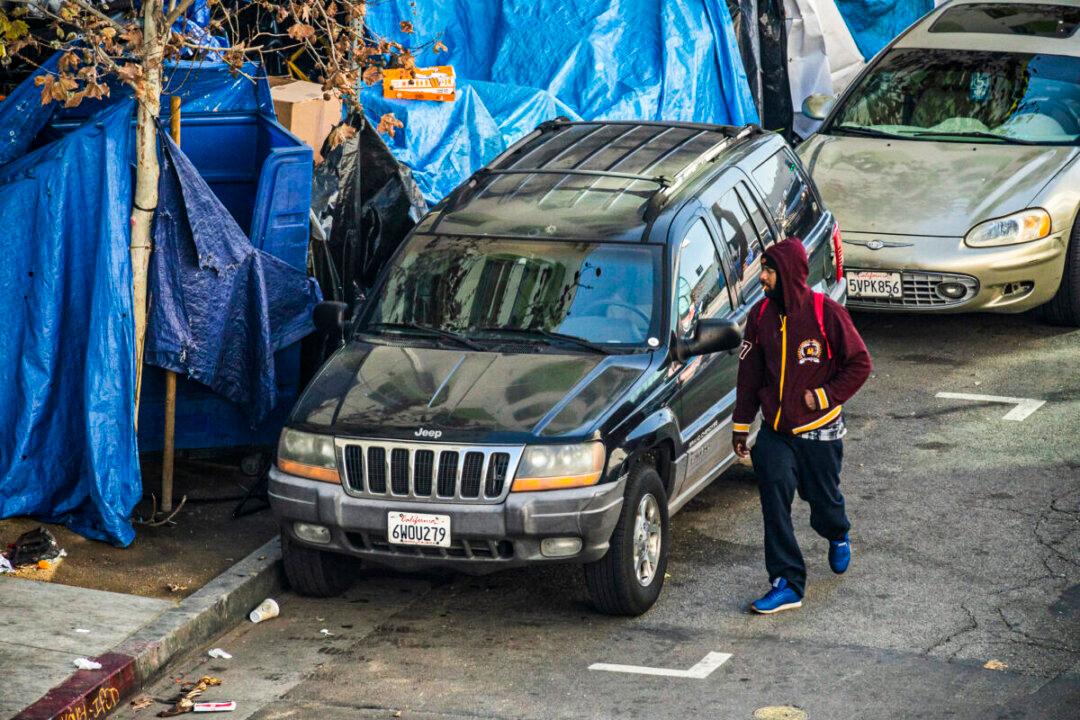Los Angeles County has significant gaps in its strategy to address homelessness and needs to make changes to adequately provide services to its homeless population, according to a recent county-commissioned report.
“We have not evolved at the pace required to meet the vast needs on our streets,” reads the March 30 report by The Blue Ribbon Commission on Homelessness, which was created last year to assess the homeless response in the county. “Now is the time to reject the status quo and bring new life, new ideas, and new partners into the arena to support those that work to improve our system every day.”





